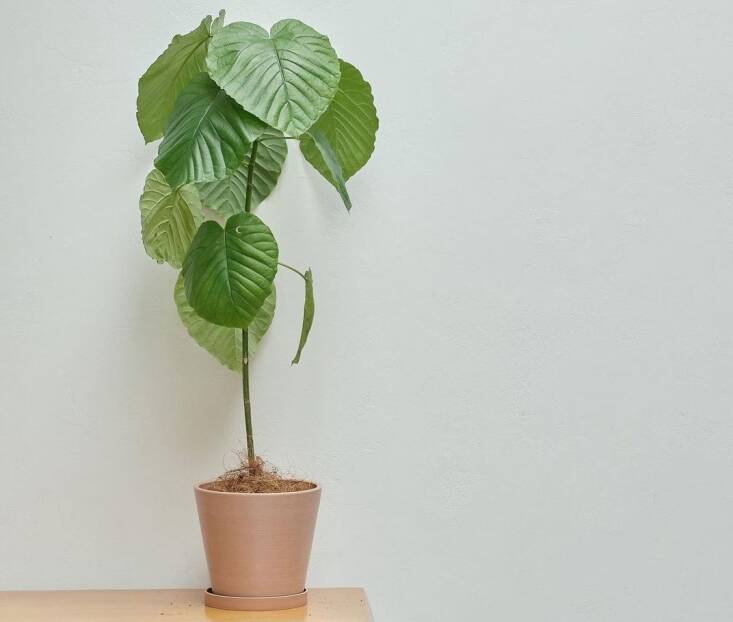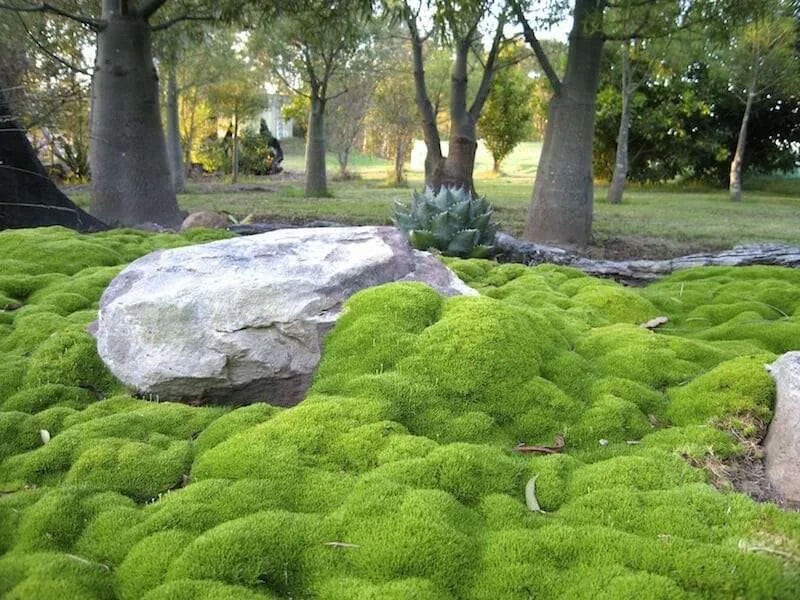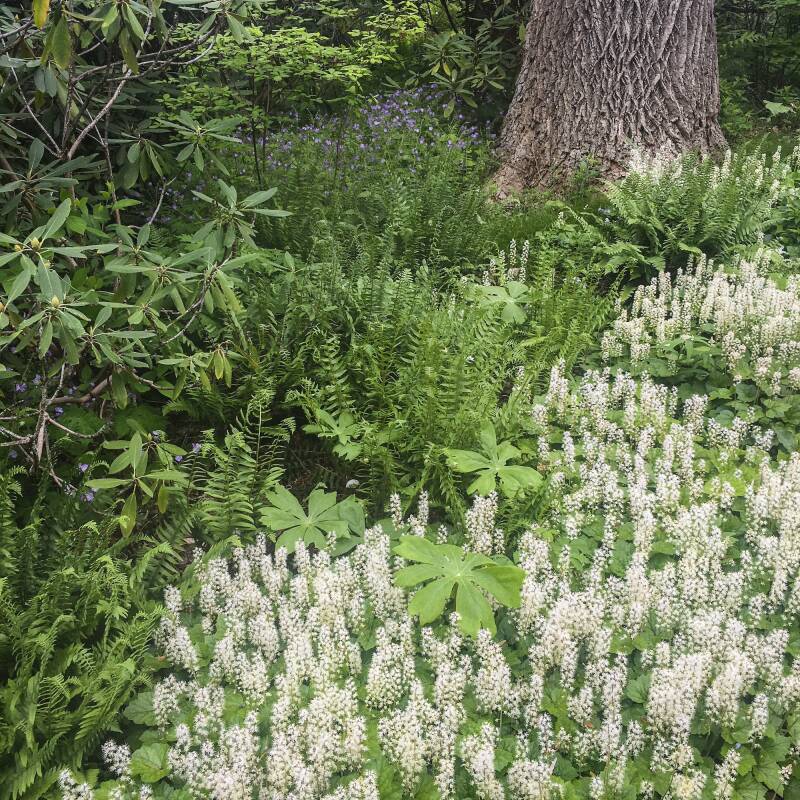Umbrella tree fig, Ficus umbellata
I’m sure every plant person has their opinion of what the ‘it’ indoor plant will be for 2022. In general, the winner is usually obscure, or rare and hard to find, or perhaps it’s a plant that fell out of fashion years ago but is making a comeback. Well, word around the greenhouse is that this year’s new plant prom queen could be Ficus umbellata. Please don’t confuse this with the trendy fiddle-leaf fig that seems to be in everyone’s living room and photo shoot; this ficus is a lesser known and more rare relative that is now getting some spotlight and attention. And for good reason.
Please keep reading to learn more about the (maybe) star indoor plant of the year.

Native to West Africa, and very popular as a houseplant in Japan, umbrella fig just might be that lush and verdant indoor plant that you were looking for. Oh, and about that…you might have a wee bit of trouble hunting one down as this plant isn’t found in many stores—yet. Your best bet may be to do an online search as specialty plant people are selling them on sites such as Etsy.
Similar to fiddle-leaf fig, this newcomer has bold oversized leaves on skinny stems, but this plant differs in that it has more pronounced glossy heart-shaped leaves and sports a more vibrant green color. Growing upright to 4 feet tall rather quickly, this houseplant is relatively easy to care for as long as you know a few basic requirements.
Would this be a good indoor plant for a beginner? Well, it depends. If you fancy plants that like to be left alone or you are the type who manages to forget that you own indoor plants, then this might not be your best option. (Consider instead a snake plant.) But, if you are up for the challenge of both finding an umbrella fig and making sure it is happy, then I say this could be your new indoor plant of the year.
Cheat Sheet

- This foliage-forward plant will look perfect when layered with other houseplants for that photogenic indoor jungle look.
- Because this plant likes high humidity, the perfect spot would be a bright bathroom or kitchen, but if looks-wise and space-wise this won’t work, at least mist your plant weekly to give your plant a boost.
- Once you find that perfect happy spot for your fig, don’t relocate it. Unlike a rug or chair, this plant balks when it gets moved around.
- If your fig starts to lean too much, you can, however, rotate your plant weekly to mitigate this. Also, consider gently inserting a stake that you can tie to the stem as a means of support.
- If you have pets or small children, do know that all parts are mildly toxic, and some people find the foliage and sap irritating to the skin.
Keep It Alive

- Plant your umbrella fig in well-draining potting soil and in a pot with drain holes.
- Let you plant dry out a bit between watering. Pro Tip: thorough drinks of water are best for most indoor plants, not tiny sips. If your fig’s leaves start to droop, that means its thirsty.
- Position your plant in a warm spot that receives bright light and is away from cold drafts. A good distance is about three feet away from a sunny window. Gently direct morning light is tolerable and avoid harsh direct afternoon sun as the leaves will scorch.
- This plant is worth trying to propagate. The recommended method is with stem cuttings. Pro Tip: Take a stem that’s about four to six inches long and remove the leaves from the lower half then dip the end in rooting hormone before gently placing it in moist potting soil. Know that this plant is slow to root so be patient.
- Scale and aphids can be troubling; if there is a small invasion just wipe the leaves clean with a damp cloth.
- During the growing season of spring and summer, feed your fig once a month with a balanced organic liquid fertilizer to keep it lush and green.
- Prune in late winter to remove dead branches and to lightly give it shape.
For more ficus love, see:
- 10 Things Nobody Tells You About Fiddle-Leaf Fig Trees
- Gardening 101: Ficus Triangularis
- Gardening 101: Creeping Fig












Have a Question or Comment About This Post?
Join the conversation (0)